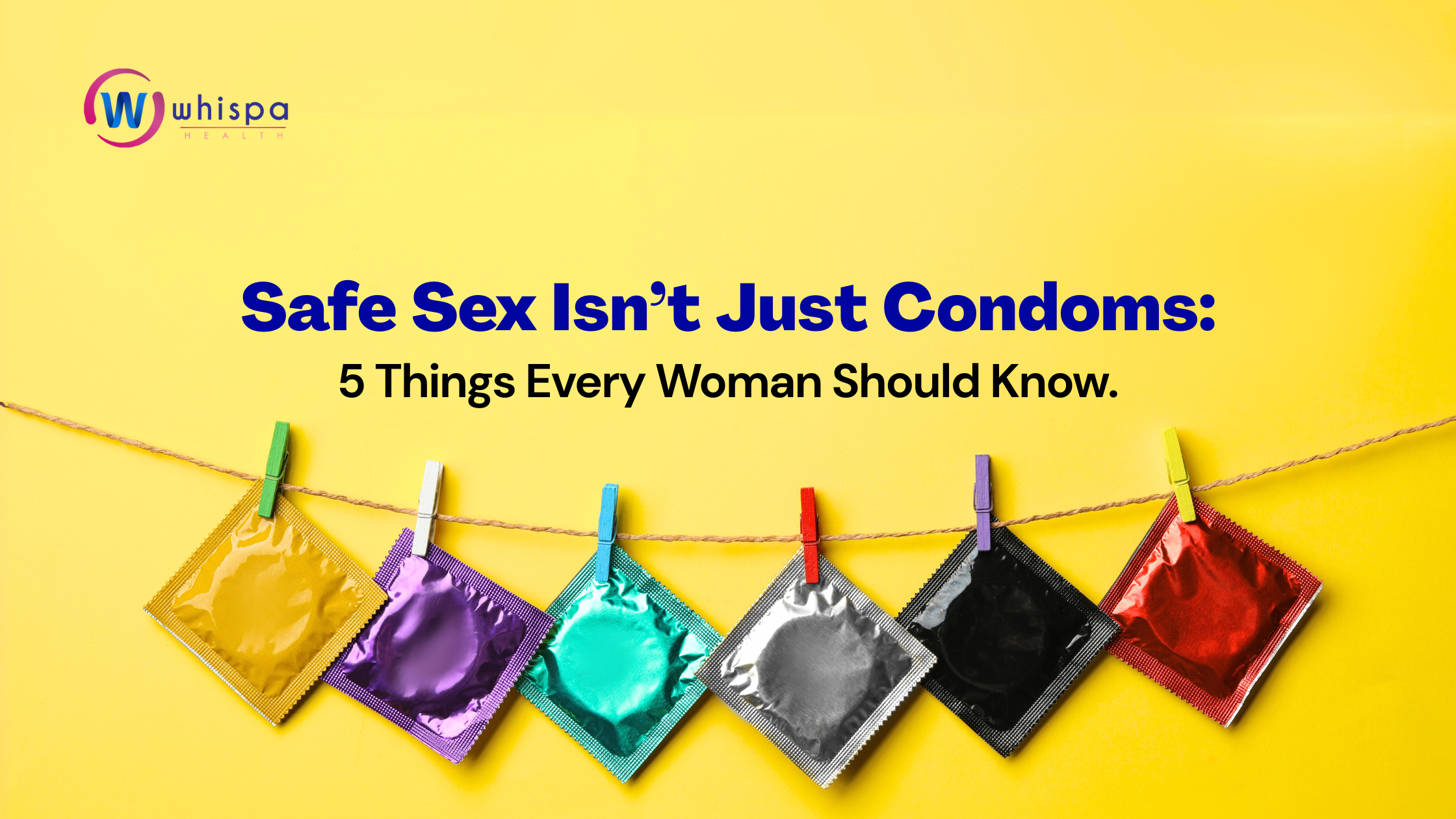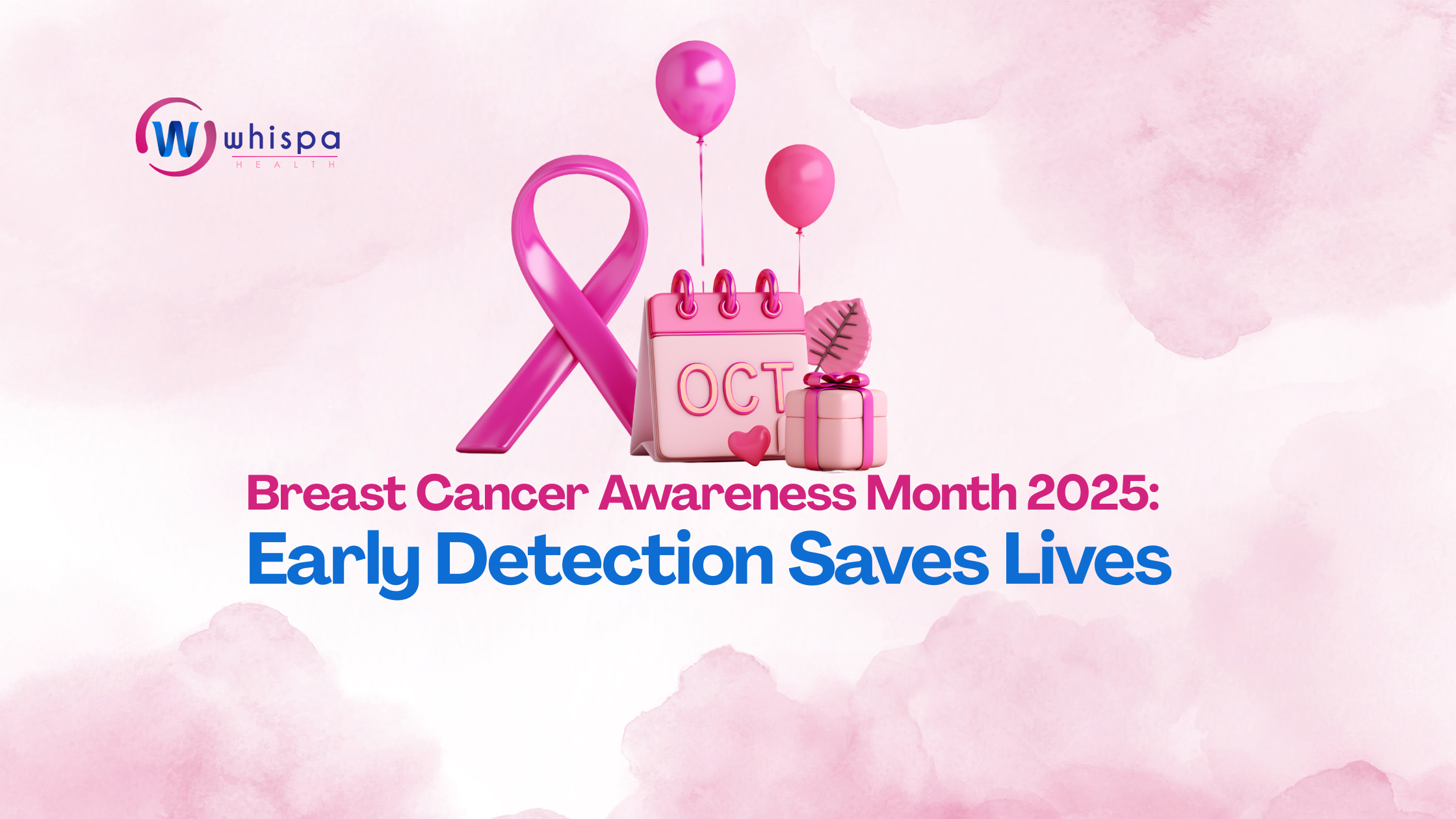Immunization is one of the most effective public health interventions, saving millions of lives each year. However, despite its proven benefits, myths and misinformation about vaccines continue to spread. In this post, we’ll debunk some of the most common myths about immunization and provide you with the facts you need to make informed decisions about your health.
Myth 1: Vaccines Cause the Diseases They’re Meant to Prevent
Immunization is one of the most effective public health interventions, saving millions of lives each year. However, despite its proven benefits, myths and misinformation about vaccines continue to spread. In this post, we’ll debunk some of the most common myths about immunization and provide you with the facts you need to make informed decisions about your health.
Myth 1: Vaccines Cause the Diseases They’re Meant to Prevent
Fact: Vaccines contain weakened or inactivated parts of a virus or bacteria that trigger an immune response without causing the disease. This helps your body recognize and fight the real disease if you’re exposed in the future. Vaccines are carefully tested for safety and effectiveness before they are approved for public use.
Myth 2: Vaccines Aren’t Necessary If Others Are Vaccinated (Herd Immunity Will Protect Me)
Fact: Herd immunity helps protect those who cannot be vaccinated, such as infants or individuals with certain medical conditions. However, for herd immunity to be effective, a high percentage of the population needs to be vaccinated. If too many people opt out, herd immunity breaks down, putting everyone at risk.
Myth 3: Vaccines Contain Harmful Ingredients
Fact: Vaccines contain small amounts of ingredients to boost their effectiveness or preserve them. These ingredients have been thoroughly tested and are used at safe levels. The benefits of vaccination far outweigh any minimal risk posed by these ingredients.
Myth 4: Natural Immunity is Better Than Vaccine-Acquired Immunity
Fact: While natural immunity can provide robust protection, it often comes at a cost. Contracting a disease like measles or whooping cough can lead to serious complications or even death. Vaccines offer a safe and controlled way to build immunity without the risks associated with the actual disease.
Myth 5: Vaccines Can Cause Severe Side Effects
Fact: Most vaccine side effects are mild and temporary, such as a sore arm or a low-grade fever. Severe side effects are extremely rare. The risk of serious illness from the diseases vaccines prevent is far greater than the risk of any side effects.
Misinformation about vaccines can have serious consequences for public health. By understanding the facts, you can make informed decisions about your health and the health of those around you. Vaccines are safe, effective, and essential for preventing the spread of infectious diseases.
Purchase the Hepatitis B and Cervical Cancer vaccines on Whispa today. Click here!
Fact: Vaccines contain weakened or inactivated parts of a virus or bacteria that trigger an immune response without causing the disease. This helps your body recognize and fight the real disease if you’re exposed in the future. Vaccines are carefully tested for safety and effectiveness before they are approved for public use.
Myth 2: Vaccines Aren’t Necessary If Others Are Vaccinated (Herd Immunity Will Protect Me)
Fact: Herd immunity helps protect those who cannot be vaccinated, such as infants or individuals with certain medical conditions. However, for herd immunity to be effective, a high percentage of the population needs to be vaccinated. If too many people opt out, herd immunity breaks down, putting everyone at risk.
Myth 3: Vaccines Contain Harmful Ingredients
Fact: Vaccines contain small amounts of ingredients to boost their effectiveness or preserve them. These ingredients have been thoroughly tested and are used at safe levels. The benefits of vaccination far outweigh any minimal risk posed by these ingredients.
Myth 4: Natural Immunity is Better Than Vaccine-Acquired Immunity
Fact: While natural immunity can provide robust protection, it often comes at a cost. Contracting a disease like measles or whooping cough can lead to serious complications or even death. Vaccines offer a safe and controlled way to build immunity without the risks associated with the actual disease.
Myth 5: Vaccines Can Cause Severe Side Effects
Fact: Most vaccine side effects are mild and temporary, such as a sore arm or a low-grade fever. Severe side effects are extremely rare. The risk of serious illness from the diseases vaccines prevent is far greater than the risk of any side effects.
Misinformation about vaccines can have serious consequences for public health. By understanding the facts, you can make informed decisions about your health and the health of those around you. Vaccines are safe, effective, and essential for preventing the spread of infectious diseases.
Purchase the Hepatitis B and Cervical Cancer vaccines on Whispa today. Click here!




